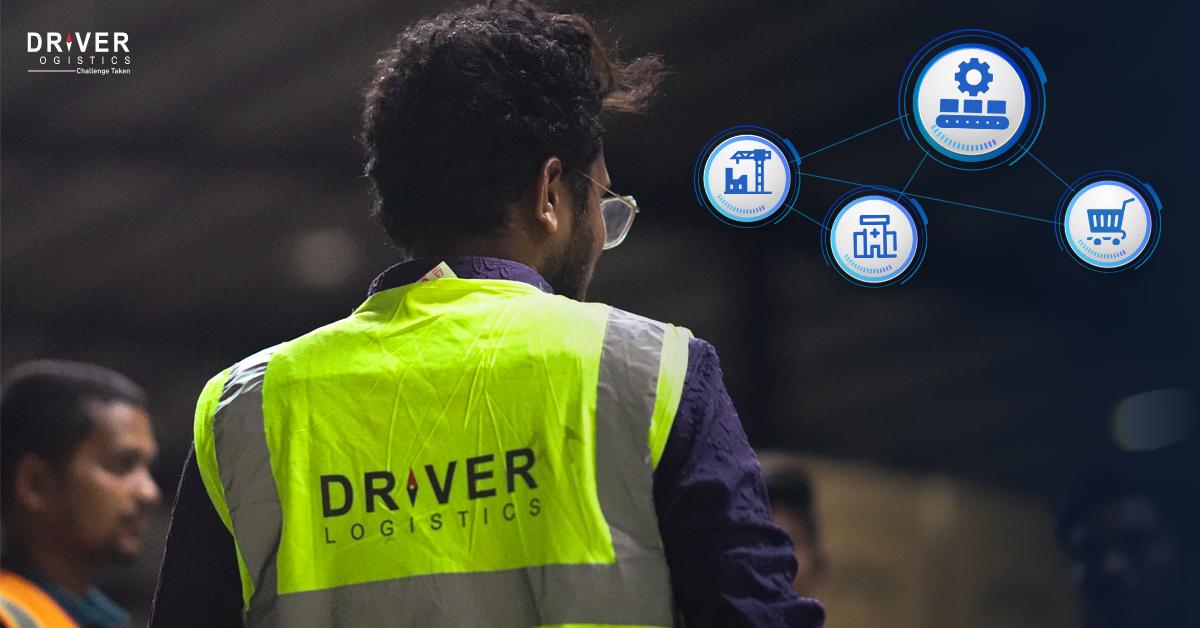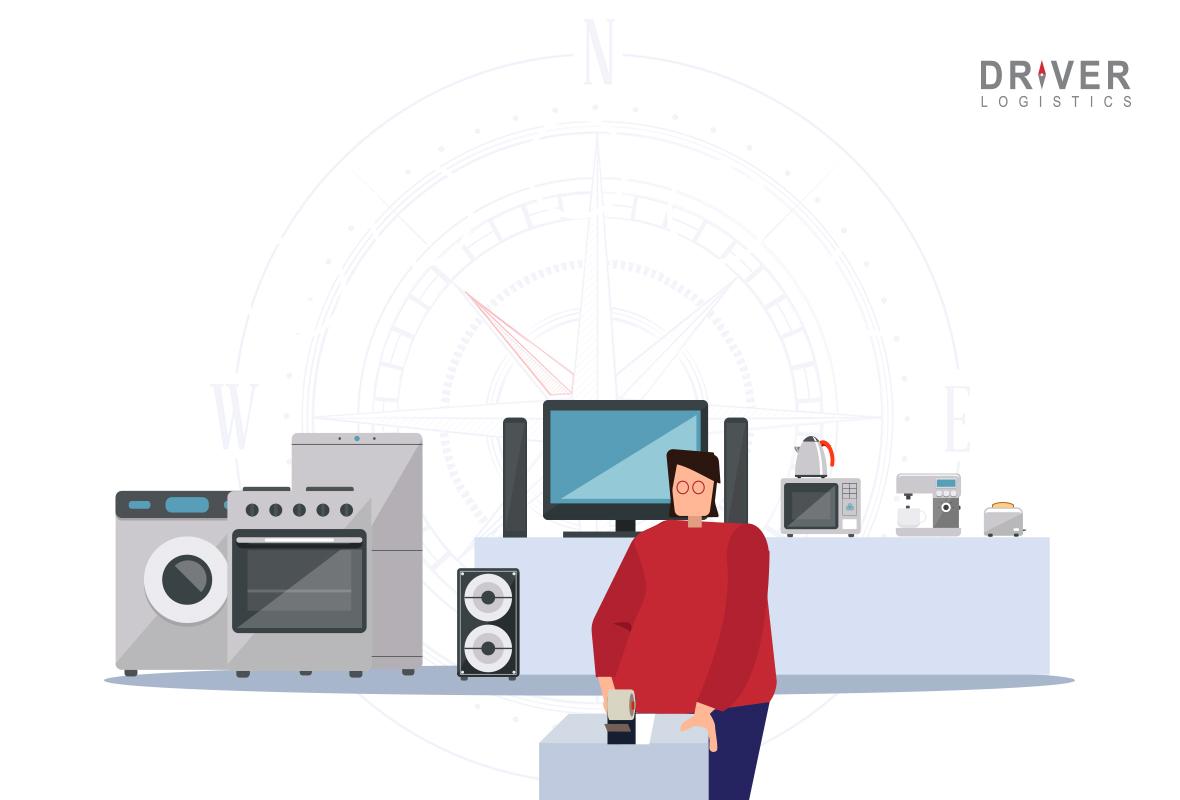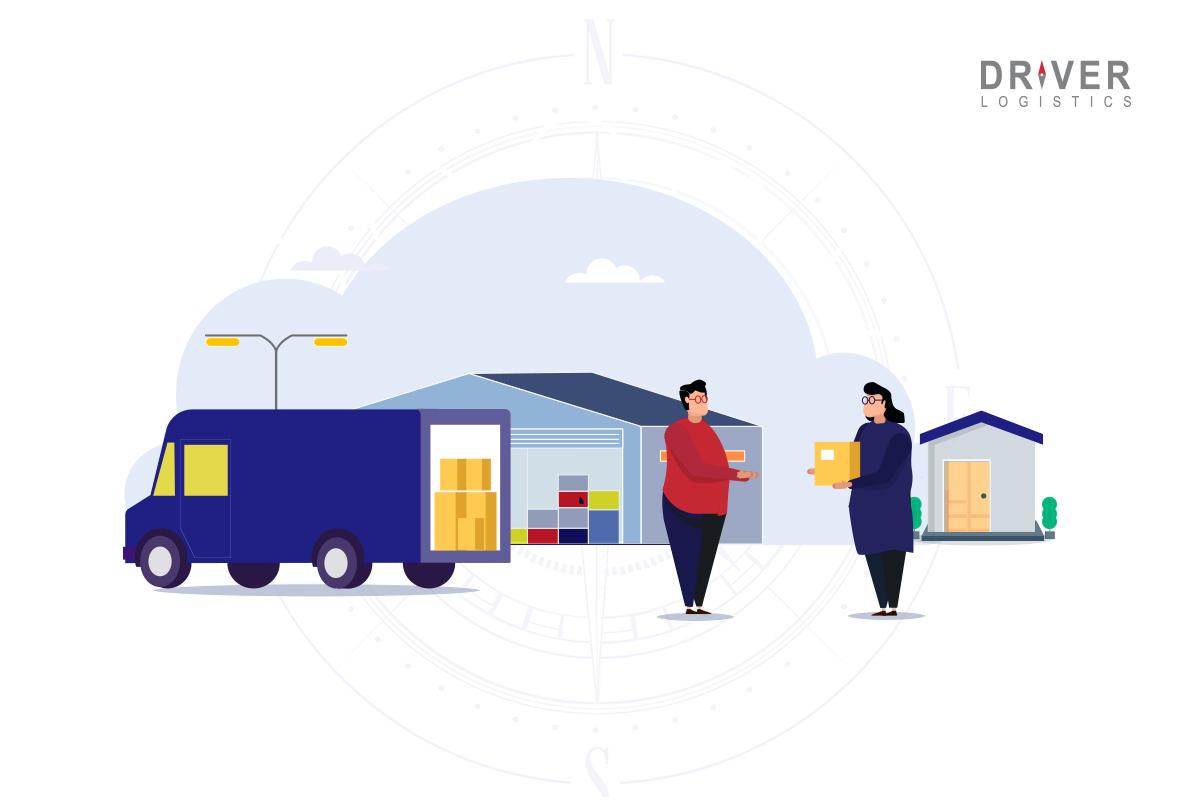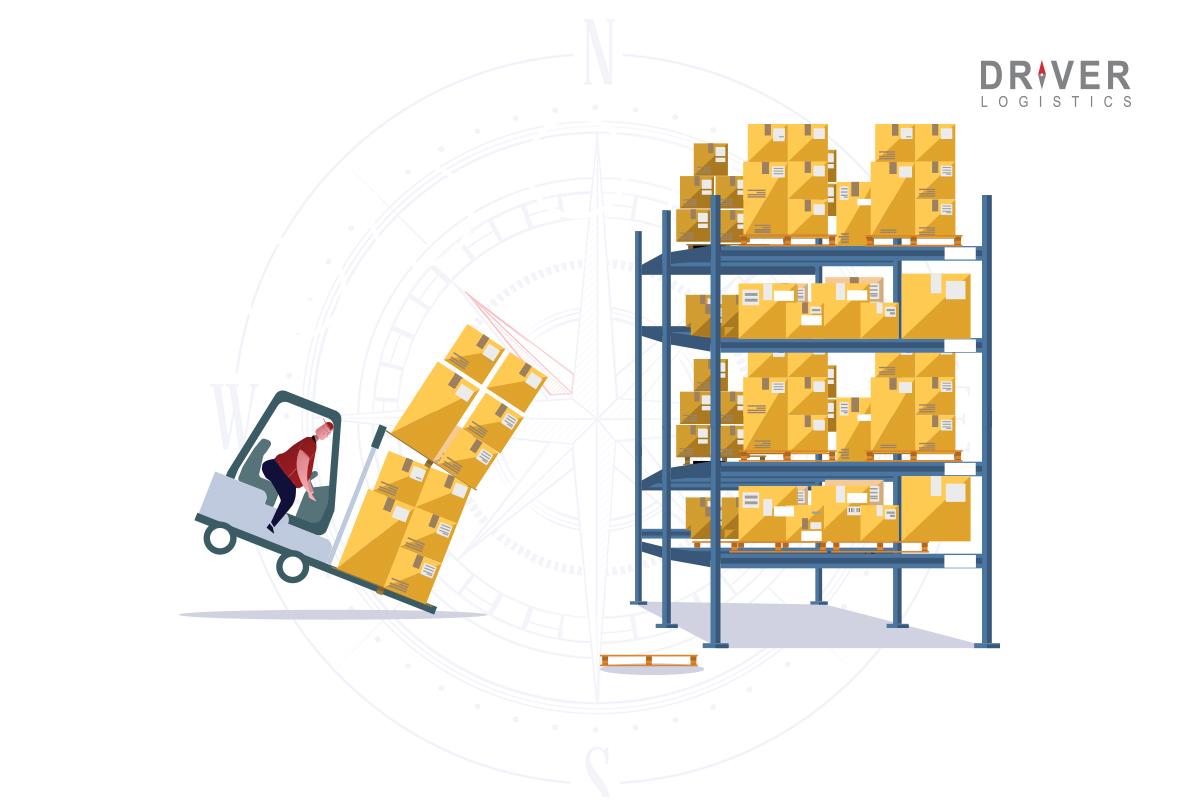
Supply chain businesses that are scaling up require effective logistics support to ensure hassle-free and meaningful customer services. A successful 3PL collaboration provides firms with access to teams of specialists, asset networks, and decades of knowledge. Before the 1980s, most businesses separated transportation, warehousing, and information technology, necessitating distinct management. Throughout the supply chain, products were effectively passed from one organisation to the next with no genuine collaboration or data exchange.
However, in the current market space where customer demand is increasing, it is not pragmatic to work in the old fragmented system. 3PLs are currently at the harbinger of much of the warehousing industry's innovation. They've developed into a highly effective ecosystem for providing contemporary procedures and eCommerce capabilities to businesses of all sizes.
A large number of large & small-scale businesses have started streamlining their work by integrating 3PL partners. Here are the top 6 industries that benefited from merging 3PL operations:
Manufacturing

Production firms spend a lot of time looking for new and innovative methods to outperform their competitors, whether it's through new manufacturing techniques, better goods, or better supply chain management.
The entire supply chain might easily come apart without all of the essential workers and parts, resulting in revenue and retention losses.
Third-party partners ensure that supplies and products get from their points of origin to their final destinations on time and on budget, keeping manufacturing on track. Logistics providers can handle industrial projects of any size thanks to their broad footprints and extensive asset networks.
Read More: Role of Supply Chain Management in Kirana Store Recovery
Here are five reasons why a manufacturing company should use a third-party logistics service to save transportation expenses and ensure timely delivery of freight:
Improved Routing Control
Once the manufacturer defines the origin and destination for each shipment, a 3PL provider will plan the best path for the company. They also provide a rapid means to re-engineer distribution networks in order to satisfy the demands of an increasingly global market and achieve a competitive advantage.
Cost Savings
To lower the expenses of sending items to your vendors, a 3PL logistics business can help with bills of lading and freight scheduling. In addition to lower shipping costs, outsourcing to a 3PL logistics partner allows you to avoid the wage, benefit, and liability costs associated with in-house personnel.
Invoice Consolidation and Freight Bill Auditing
Before sending an invoice, the 3PL provider will check it for the correct class and discounts. Employees no longer have to check each invoice for correctness, which saves time for manufacturers' accounting departments.
Enhanced Customer service
A third-party logistics service may help firms manage supply chains and get products to consumers faster and for less money. Outsourcing to a 3PL partner will also give manufacturers greater accountability.
Retail
Many retailers outsource their warehousing, inventory management, and fulfilment to third-party logistics companies.
Third-party suppliers have large asset networks, which allow them to grow their operations quickly to satisfy store demands.
In addition, warehousing partners have the technology and resources to keep merchants up to date on their inventory at all times and in any place. As a result, retailers can keep up with demand without having to worry about running out of goods.
With each delivery, a 3PL guarantees that merchants surpass their consumers' expectations by offering speedy, convenient, and dependable service.
Recommended Reading: A Guide to Supply Chain Disruption: Major Types, Factors & Mitigation Strategies
Here are some crucial benefits of integrating 3PL providers to streamline your retail sector:
Opportunity to Scale Up Globally
Having a 3PL partner with a worldwide network helps you to quickly expand beyond your native market and into international pastures. Without having to worry about the logistics operations, you can be flexible enough to fulfill demand with a consistent stream of supplies.
Gain Competitive Advantage
A competent 3PL partner can help you carve a niche in a short amount of time. They may bring years of expertise to the table, making it easier for you to gain a foothold in the industry. You might be able to locate a 3PL partner with enough experience to fill all of the gaps in your supply chain.
They may even be able to provide your end-users with unique packaging and shipping services or freebies. Express shipping, free shipping, and same-day delivery, for example, all increase consumer satisfaction. You may be able to acquire an advantage over rivals who are unable to provide these benefits.
Save on Warehouse Rent & Operating Costs
Your 3PL provider should have a large number of warehouses to serve all of their customers. It stores your items efficiently without any hassles. Things can be even better if your 3PL partner's systems are completely automated, allowing you to generate barcodes, scannable barcodes, and other stock-tracking techniques.
Consider how much money you'll save in overhead costs by avoiding this massive infrastructure expenditure.
Improve Brand Loyalty & Customer Journey
Customers have grown to anticipate on-time delivery in the quickly growing and competitive eCommerce market. If you have the right 3PL partner, you may go one step further by delivering ahead of schedule with your proper 3PL partner. Order fulfillment is the key to winning a customer's heart and retaining their loyalty.

Hospitality
The hotel industry's operations, warehousing, and distribution strategy are becoming increasingly important.
A 3PL is responsible for managing the delivery of a hotel's operational supplies and equipment (OS&E) as well as furniture, fixtures, and equipment (FF&E) to ensure a successful restoration (FF&E).
As the hotel or its procurement partner orders new furnishings for each room, a 3PL receives, stores, transports, and installs them as needed.
Kitting – arranging furniture and supplies by room for coordinated delivery and installation — may also add value to the remodeling process, making the hospitality project seamless and easy.
Here are some crucial benefits of integrating 3PL providers to streamline your hospitality sector:
Supply Chain Management
3PL providers have expertise in managing complex supply chains. They can optimize inventory management, streamline procurement processes, and ensure timely delivery of goods and services. This helps hospitality businesses maintain a seamless supply chain, ensuring that they have the right products and resources available when needed.
Cost Efficiency
Partnering with a 3PL provider allows hospitality businesses to leverage their expertise and economies of scale. 3PL providers have extensive networks, established relationships with suppliers, and advanced technology systems. They can negotiate better pricing, reduce transportation costs, and provide cost-effective solutions for warehousing and distribution. By outsourcing logistics functions, hospitality businesses can focus on their core competencies and achieve cost efficiencies.
Improved Customer Service
Logistics directly impacts customer satisfaction in the hospitality industry. With the help of a reliable 3PL provider, businesses can ensure on-time delivery of products, whether it's food supplies for restaurants or amenities for hotels. This contributes to an enhanced guest experience and builds customer loyalty. 3PL providers can also offer value-added services like reverse logistics, allowing hospitality businesses to efficiently handle returns and exchanges.
Scalability and Flexibility
Hospitality businesses often face fluctuating demands, especially during peak seasons or special events. 3PL providers offer scalability and flexibility to accommodate such variations. They have the resources and capabilities to quickly adapt to changing requirements, whether it's increasing warehousing space, expanding transportation capacity, or adjusting staffing levels. This agility helps hospitality businesses meet customer demands without incurring unnecessary costs.
Technology and Data Analytics
3PL providers utilize advanced logistics technologies and data analytics to optimize operations. They can provide real-time visibility into inventory levels, track shipments, and monitor performance metrics. By leveraging these insights, hospitality businesses can make data-driven decisions, identify areas for improvement, and enhance overall efficiency. Risk Management: Logistics involves inherent risks, such as transportation delays, product damages, or inventory inaccuracies. 3PL providers have expertise in mitigating these risks through effective risk management strategies. They can implement robust quality control measures, ensure compliance with regulatory requirements, and provide insurance coverage. This helps hospitality businesses minimize potential disruptions and maintain business continuity.
Relevant Reading: Top 6 Inventory Management Strategies to Boost Supply Chain Efficiency
Health Care Sector
The healthcare industry is under tremendous pressure to enhance customer service, material handling, and inventory management while lowering costs. Working with the proper supply chain partner has several advantages, including lower logistical expenses. Healthcare organisations, for example, can make use of the logistics provider's existing infrastructure, superior technology, and faster procedures to meet shipping requirements.
The healthcare supply chain is one-of-a-kind, making it more complicated. Staying ahead of critical regulatory changes that make compliance difficult is impossible without expertise in healthcare logistics. These changes are happening swiftly, and many 3PL businesses have reported a significant rise in regulatory inspections of pharmaceutical supply and medical warehouses in the previous five years.
In the fast-changing world of healthcare, incorporating best practices into a unified logistics plan is critical to success.
Here are some examples of how working with a logistics provider might improve healthcare quality:
Take advantage of 3PLs and multi-tenant warehouses to increase efficiency
Third-party logistics companies might supply their own warehousing services or assist in the consolidation of a company's warehousing to streamline regular supply and demand forecasts.
This would prevent any unnecessary costs and time spent in managing warehouse & in-house logistics operations.
Because industry regulations are always changing, it is more cost-effective to keep items in a shared facility and share regulatory expenses with others.
Expertise in the industry and operations
Healthcare logistics third-party logistics services are familiar with the industry's best practices. They are aware of the policies regarding pick-up and delivery periods, order configuration, equipment, and scheduling, among other things. They know how to express the demands of healthcare companies to insurance carriers.
This can have a significant impact on performance. In addition, your 3PL has developed many industry relationships and transportation expertise in your industry, which can benefit your overall operations.
Construction
Large construction projects necessitate a large quantity of materials, which are frequently sourced from multiple vendor warehouses. When it comes to moving timber, fixtures, and flooring to a project site, using a 3PL guarantees that everything arrives on schedule, intact, and undamaged.
This maintains building projects on schedule and on budget, resulting in happier customers.
Specialized third-party logistics companies are capable of handling a wide range of order sizes and material types, resulting in increased efficiency and cost savings in last-mile delivery. Furthermore, 3PL providers integrate their software to adapt to the changing needs of the construction site, allowing for streamlined, on-demand construction material delivery to ensure that projects are never delayed.
Here are some crucial benefits of integrating 3PL into your construction industry:
- Sourcing of equipment and raw materials
- Material pooling for delivery
- White-glove service and on-site delivery
- Garbage collection and disposal
- Order Management
- Solution for storage and warehousing

Partner with 3PL Providers to Augment the Customer Journey
Third-party logistics (3PL) organizations offer a diverse resource network that enables core enterprises to expand fast and cost-effectively. 3PL has the flexibility to scale labour, space, and transportation demands based on the needs of core enterprises, regardless of inventory fluctuations. Even in the case of seasonal inventory or a new product introduction, 3PL businesses have appropriate resources and flexibility in services.
Finding a 3PL partner to streamline your operational workflow is crucial in today's dynamic environment. The retail environment is changing. Anyone with internet connectivity can enter the marketplace as a vendor and customer. Improving your workflow and workforce is crucial to stay ahead of your competitors.